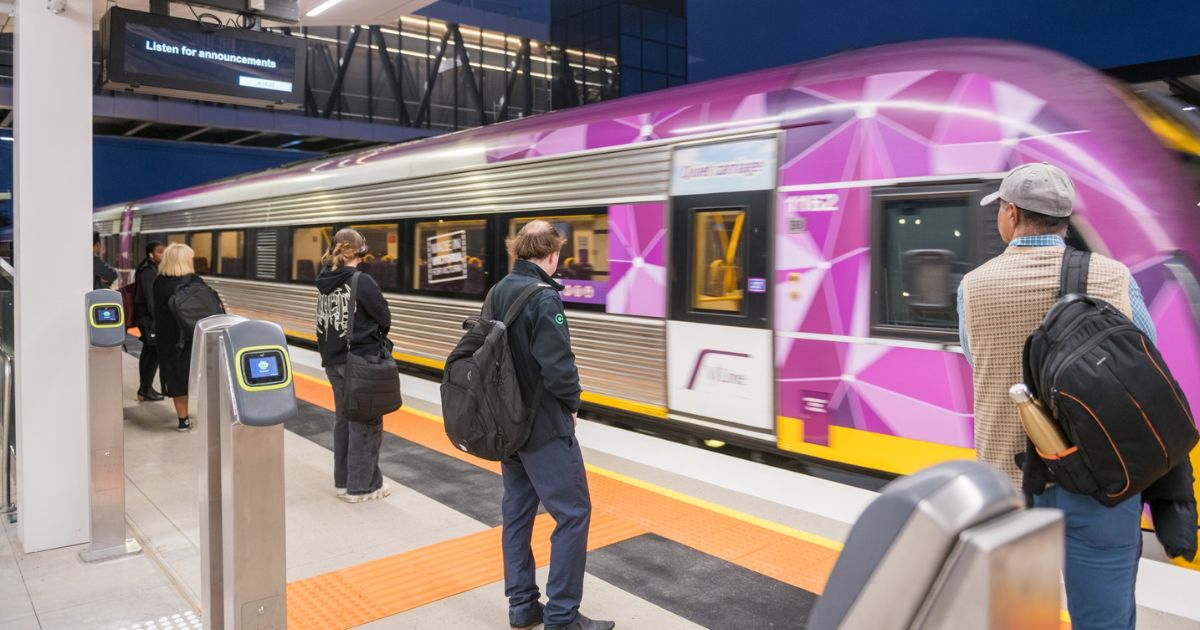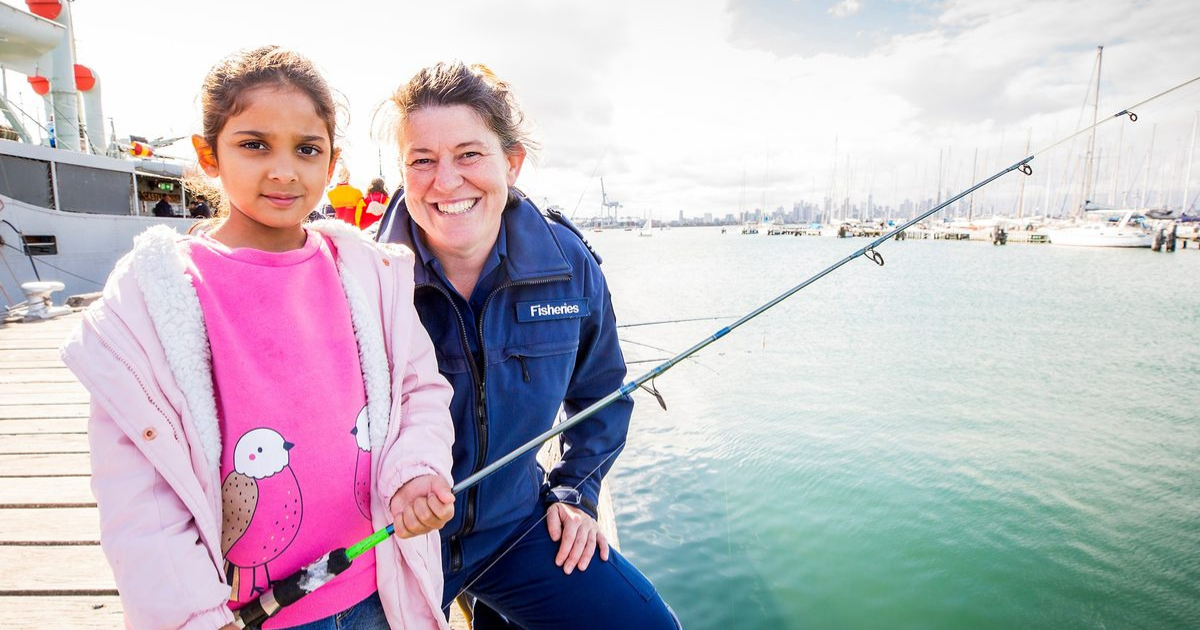Funding for support after suicide
A SUICIDE support program to help bereaved people who are less likely to seek counselling is being established in Geelong thanks to a generous donation from the Freemasons.
The $112,000 grant to Hope Bereavement Care will fund the Geelong-based organisation’s ‘Community Hope’ program to deliver counselling, individual support, support groups and a resource library.
The grant will also fund a part-time community development role to provide targeted support where it is needed, in particular for men who might otherwise not seek counselling.
Hope Bereavement represents people affected by grief in Geelong and surrounding districts and its Support After Suicide program was established in 2017 in collaboration with Jesuit Social Services and The Freemasons Victoria.
Geelong parent Catriona Barnett said Hope Bereavement had been a vital support for her family following the loss of their beloved 16-year-old son and brother, Tom, to suicide in February last year.
Catriona, her husband Cameron and their children Lachie, Caitlin and Lucy received specialist counselling at a time when they were engulfed by sudden and overwhelming grief.
“In the first couple of weeks we were living in a bit of a bubble because we were still in shock, I think, and trying to navigate one day at a time and put one foot in front of the other,” she recalled.
“Pretty much within a month of Tom passing away we were all using Hope’s services.
“They really did just guide us gently through it all with a lot of reassurance that is was quite normal how we were feeling.
“They listened to us for a very long time. They put up with us as I was bawling into the phone.
“They were very caring and compassionate and they are very focussed on you the person with very individual care.”

Catriona said critical to Hope’s care was that there were no wait times, it was local, free to access and tailored to suicide grief.
“My mum had died six months beforehand and it’s a totally different grief – it’s absolutely all-consuming but you’ve still got to function as a family, you’ve still got to watch where the other kids are at,” she said.
“You’ve got things to do. You’ve got the Coroner’s Court to deal with, you’ve got the police to deal with, so you still have to function to a degree.
“If you didn’t have this service and you were seeking some assistance you could possibly be waiting for many, many weeks or months to be seen and that’s the reality of how the situation is.”
Catriona said Hope was amazing in how it supported everyone affected by the suicide.
“I was the mother of Tom but Hope has also supported my kids, Tom’s friends, Tom’s friends’ parents, the school and its staff – so it’s the whole community,” she said.
“They have been on the frontline with everything.”
Hope Bereavement board member Danny Keating helped to establish the support programs following the heartbreaking suicide of his 25-year-old son Sam in July 2014.
Danny facilitates a monthly meeting for men who have lost a loved one to suicide, providing a forum for them to discuss their grief.
“We have round table discussions and it works because blokes are more likely to talk openly about their feelings in an all-male environment,” he said.
“One of the extraordinary things about that is some of the men lost loved ones decades ago and they are still suffering.
“Often the death is a hell of a shock so it’s unique in that way.
Suicide death is also unique in lots of other ways – some families are embarrassed about it and some refuse to talk about it.
“It’s also extraordinary how it affects so many people.”
Hope Bereavement’s suicide support programs have received $300,000 in Freemasons funding during the past four years.
Danny said efforts to get government funding had proved fruitless because Hope was seen as a post-suicide service rather than a preventative one, although he said that was not technically the case.
“We are extremely grateful to The Freemasons for their concern and generosity,” he said.
“The reality is that without them we wouldn’t be providing these vital services.”
For more information about Hope Bereavement go to bereavement.org.au.
If you need help, phone Lifeline Australia on 13 11 14, headspace on 1800 650 890 or Beyond Blue on 1300 224 636.


















